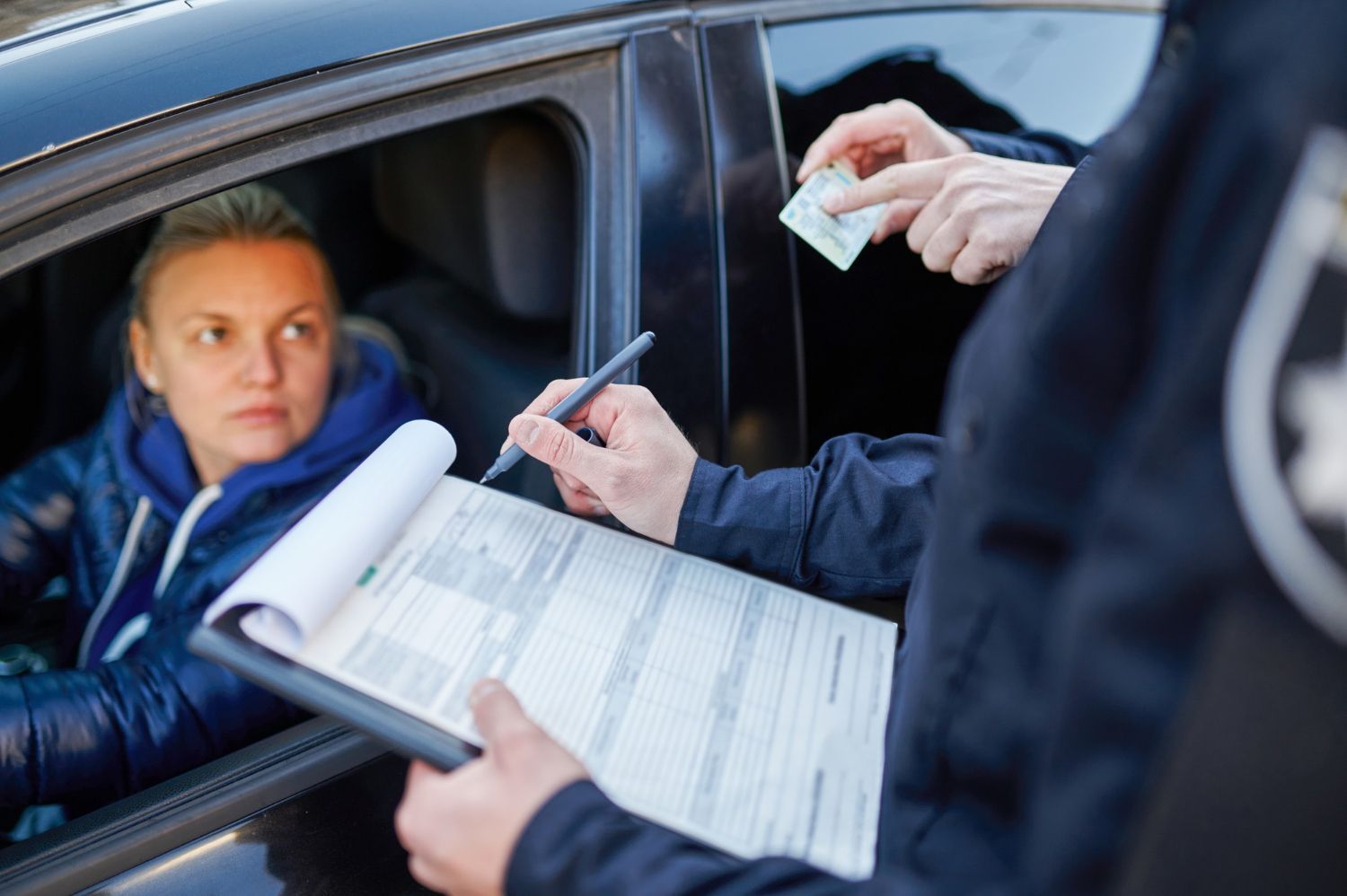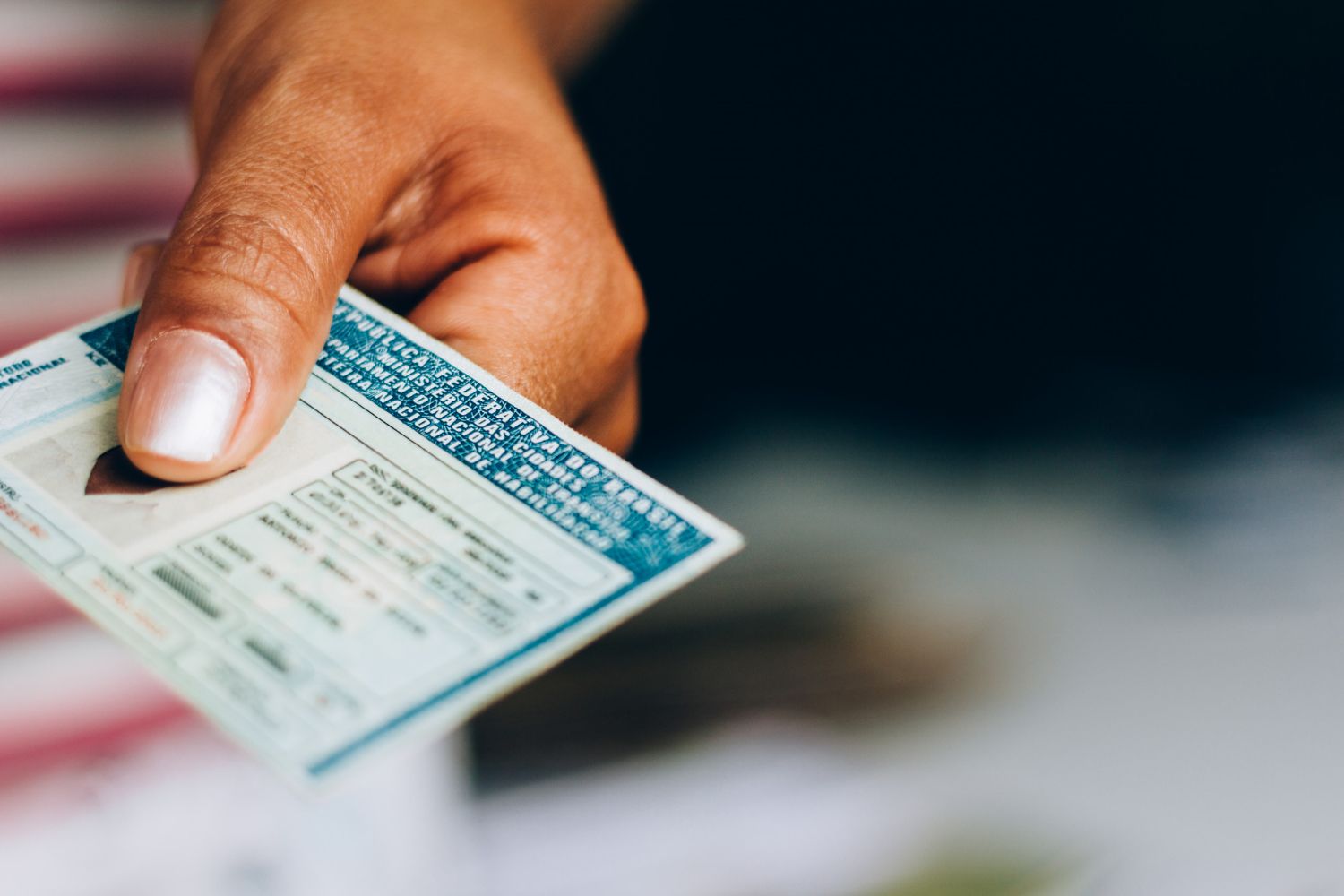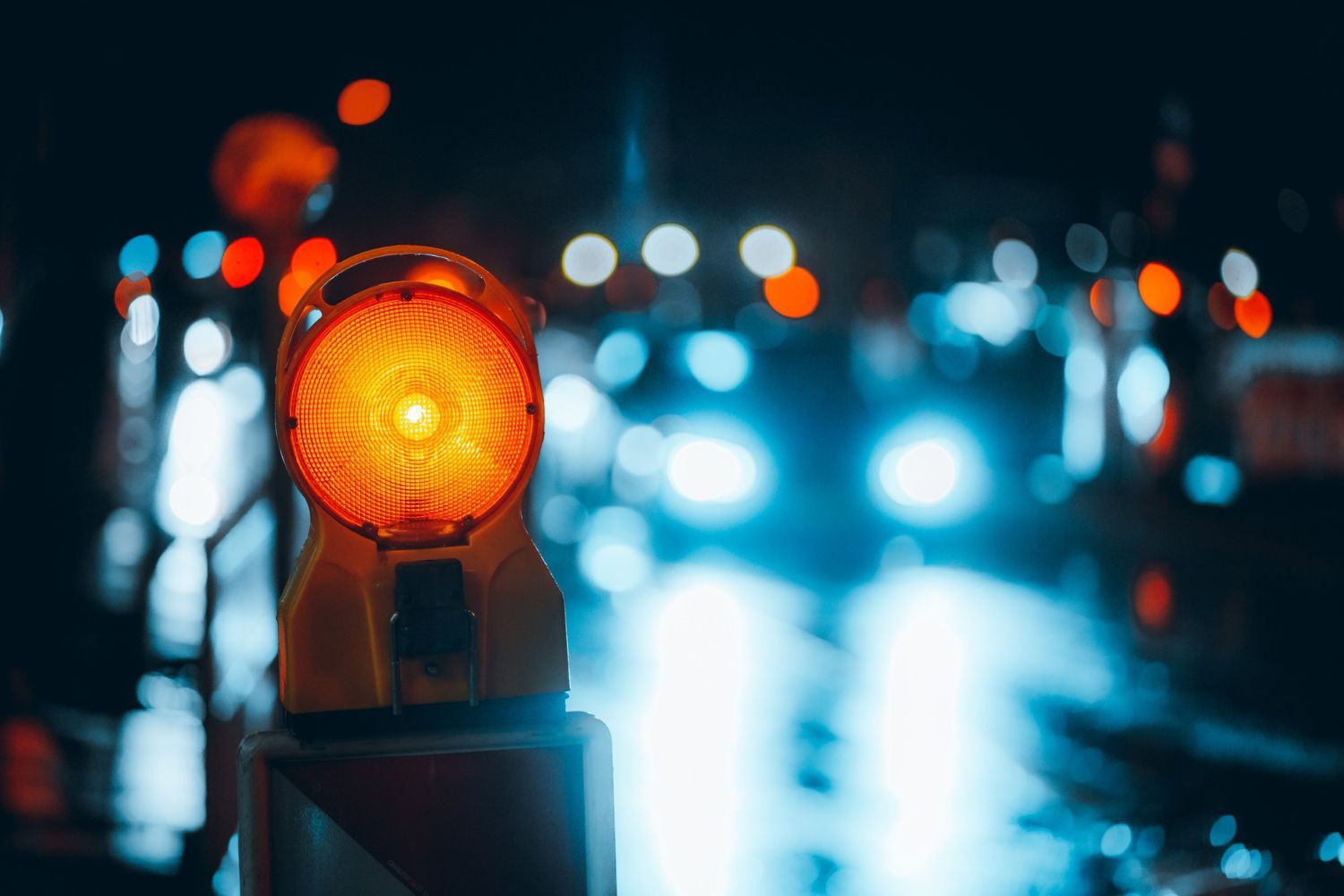Legality and Your Rights: Are DUI Checkpoints Legal?
Written by Law Office of Rolando Cantú, reviewed by Rolando Cantú
Legality and Your Rights: Are DUI Checkpoints Legal?
If you’ve ever been stopped at a DUI checkpoint, chances are you were concerned about your legal rights. After all, it can be an intimidating experience to have the police pull you over and ask for your driver’s license and registration. So what exactly is the legality of DUI checkpoints? Are DUI DWI checkpoints legal under the law? In this blog post, we will discuss the legality of DUI checkpoints and your rights when stopped at a checkpoint, and how an experienced DWI defense attorney can help.
What is a DUI checkpoint?
A DUI checkpoint, also known as DWI checkpoints and sobriety checkpoints or alcohol checkpoints, is an enforcement method used by law enforcement to identify and apprehend impaired drivers. These checkpoints are typically located in highly visible areas where police can identify potentially intoxicated drivers.
Also, these checkpoints generally require stopped drivers to provide their driver's license, registration and proof of insurance. Depending on the circumstances, law enforcement may ask additional questions or conduct a field sobriety test. During these stops, officers may conduct visual assessments of the drivers’ behavior and appearance before determining if further questioning or testing is necessary.
Are DUI Checkpoints Legal in Texas?
The legality of DUI checkpoints varies by jurisdiction. In some states, law enforcement is prohibited from setting up such roadblocks and in other states, they are permissible under certain restrictions.
In Texas, DWI checkpoints are considered illegal, at least technically. DUI or DWI checkpoints are considered illegal in Texas due to a specific reason.
In Texas, there is no established statewide procedure authorized by a "politically accountable governing body" for conducting these checkpoints. As a result, the courts have deemed DWI checkpoints unconstitutional until official guidelines are put in place. This means that law enforcement agencies cannot set up random checkpoints to specifically target and screen drivers for DUI or DWI offenses. Without clear guidelines from the state, these DWI checkpoints violate constitutional rights.

However, this doesnt means that law enforcement officers in Texas is prohibited from pulling over drivers suspected of DWI. To do this, officers must have probable cause or reasonable suspicion to conduct the stop. In Texas, if an officer pulls over a driver and suspects that the person is intoxicated, additional sobriety tests may be performed or the driver may be arrested.
No matter where you live, the best way to avoid DUI checkpoints is to always operate a vehicle responsibly and obey all laws and traffic safety regulations. If you do find yourself at a DUI or DWI situation, be sure to remain polite and cooperative with law enforcement. Refusal to comply may result in increased penalties or additional charges.
License Checkpoints and Other Roadblocks
Since a sobriety checkpoint is illegal in Texas, law enforcement officers may instead conduct other kind of checkpoints. License checkpoint fall into a gray area as they are not designed to specifically target drunk drivers. Instead, these roadblocks are used to verify that all drivers have valid licenses and registrations. As license checkpoints are a common substitute for sobriety checkpoints in Texas, it is important to understand the legal implications of these roadblocks.

A law enforcement officer is allowed to ask for certain information when conducting a license checkpoint. Therefore is they notice signs of intoxication or other suspicious behavior, they may choose to investigate further.
However, law enforcement officials cannot perform unreasonable searches of the vehicle or its occupants unless they have probable cause or reasonable.
What Happens at a DWI Checkpoint?
At a DWI checkpoint, law enforcement follows specific procedures to interact with drivers in order to identify potential impaired drivers. When approaching a DWI checkpoint, drivers are directed to stop their vehicles by law enforcement personnel. The officers will typically ask the driver for their license and registration, which the driver is legally required to provide.
During this stop, the officers will observe the driver for any signs of impairment, such as slurred speech, bloodshot eyes, or the smell of alcohol. When law enforcement officers suspect that a driver is impaired, they may request the driver to step out of the vehicle for further evaluation and testing. This may include field sobriety tests, breathalyzer test or other chemical testing. If the driver refuses to comply with any of these tests, they may be arrested and charged with DWI.
Requirements for Submitting to Breath, Blood, and/or Urine Tests
When it comes to submitting to breath, blood, and/or urine tests at a DWI checkpoint, there are specific requirements and laws that must be followed. Depending on the situation, an officer may request that the driver take a chemical test to determine their level of intoxication. In most states, drivers are required by law to comply with these requests. Refusal to comply with these tests can lead to additional penalties and charges, such as a longer license suspension or criminal charges.
It's important to note that the specific procedures may vary depending on the jurisdiction, but the overall goal is to ensure road safety by identifying and apprehending potentially intoxicated drivers.
Can You Avoid DUI Checkpoints Legally?
In states where DUI checkpoints are illegal, individuals may be able to avoid these roadblocks legally, as long as they do not violate any traffic laws. Police officers are not allowed to randomly pull over drivers without reasonable suspicion or probable cause. However, if you miss a stop sign or drive over the speed limit, an officer may choose to pull you over and investigate further.

If you are pulled over by an officer and do not have any signs of impairment, be sure to remain polite and cooperative with the officer. If they suspect that you are intoxicated, they may choose to conduction additional tests to verify their suspicions.
What to Do After a DWI Arrest
If you are arrested for driving under the influence in Texas, it is important to understand your rights and the steps that you can take to protect your legal rights. After a DWI arrest, it's crucial to take certain steps to protect your rights and navigate the legal process effectively. Here are some key actions to consider:
- Seek legal assistance: Contact an experienced DWI attorney as soon as possible. They can provide you with expert guidance tailored to your specific situation and help you understand the charges you are facing.
- Understand your charges: Work closely with your attorney to fully comprehend the nature of the charges against you. They will explain the potential consequences and assist you in building a strong defense strategy.
- Follow legal requirements: Adhere to all legal obligations resulting from your arrest, such as attending court hearings and complying with any bail or bond conditions set by the court.
- Gather evidence: Work with your attorney to collect any relevant evidence, including police reports, witness statements, or video recordings that may support your defense.
- Assess your options: Discuss potential options with your attorney, such as plea bargaining or pursuing alternative sentencing programs, depending on the circumstances of your case.
- Protect your driving privileges: Understand the impact of your DUI arrest on your driver's license and take appropriate steps to address any administrative penalties, such as requesting a hearing to challenge a license suspension.
- Maintain open communication: Keep your attorney informed about any developments related to your case and promptly provide them with any requested information or documentation.
Remember, every DWI case is unique, and the specific steps you need to take may vary depending on your circumstances. It's essential to rely on the guidance and expertise of a experienced DUI lawyer or DWI attorney to navigate the legal process successfully and seek the best possible outcome in your case.
Conclusion
DWI checkpoints are an important tool for law enforcement to identify and apprehend potentially intoxicated drivers. When approaching a DWI checkpoint, drivers must comply with the requests of law enforcement personnel, including submitting to chemical testing if asked. In states where DWI checkpoints are illegal, drivers may be able to avoid











